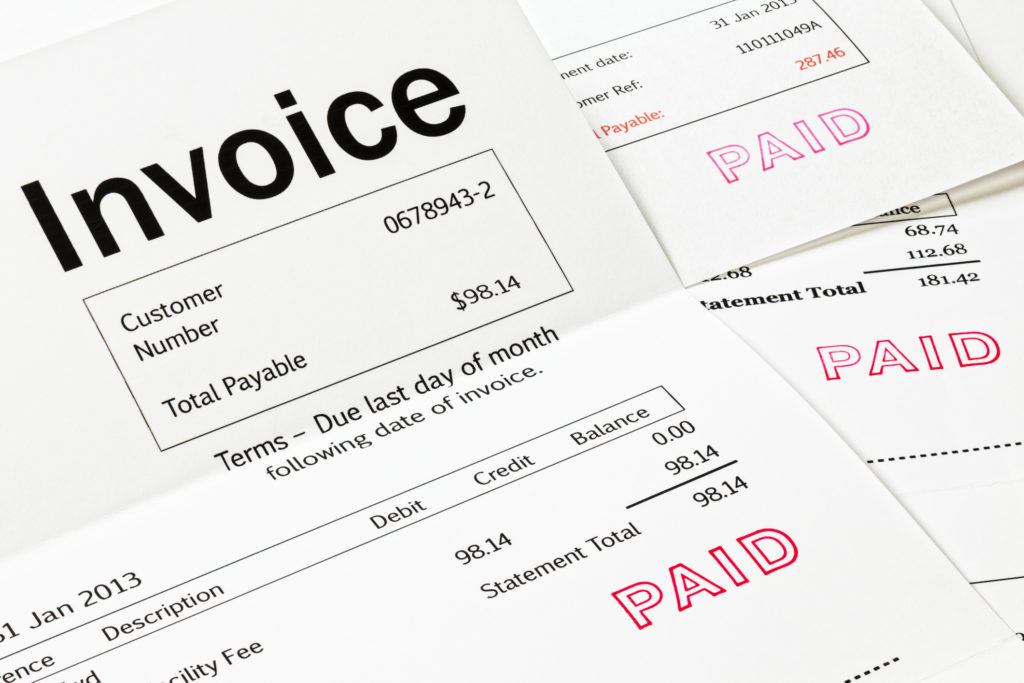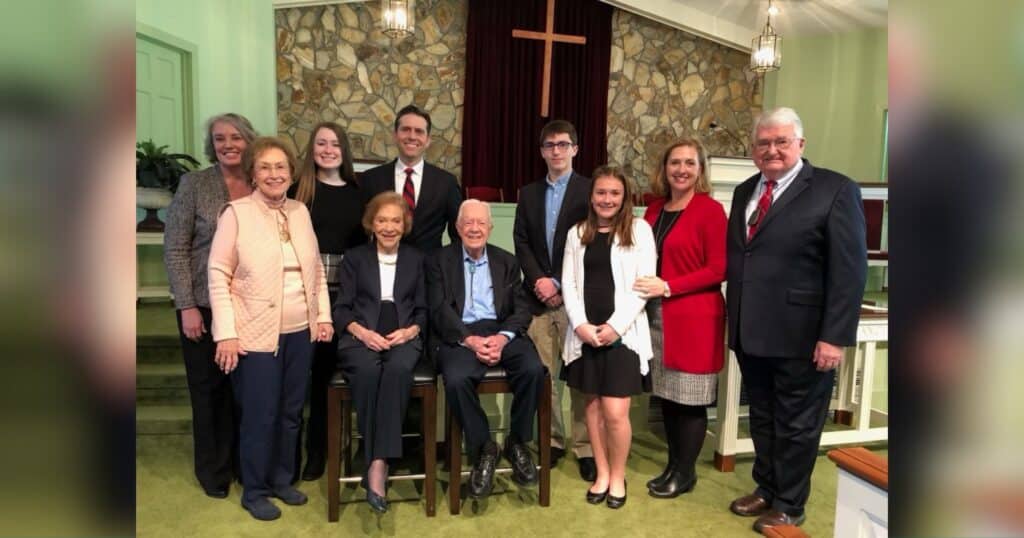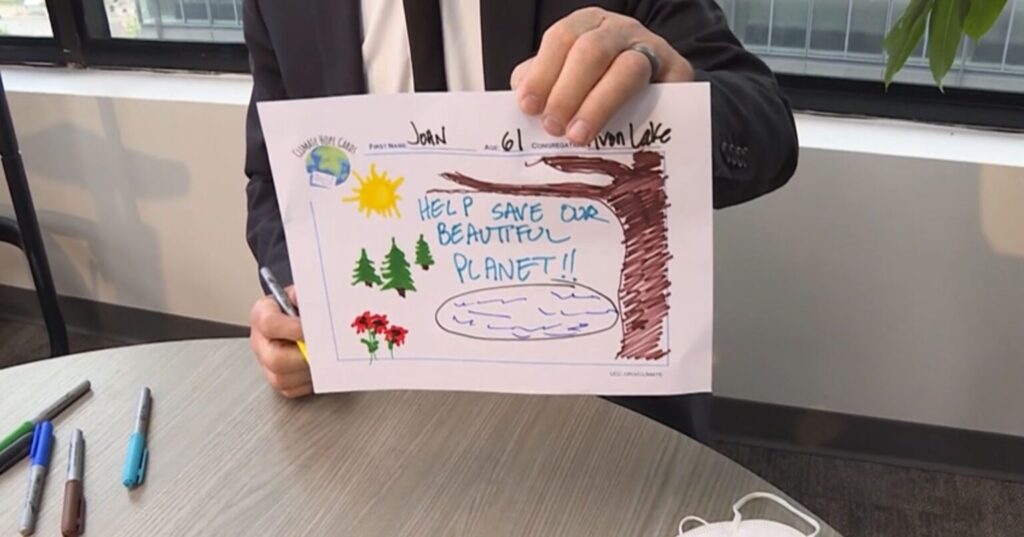Commentary: The modern-day peonage of medical debt
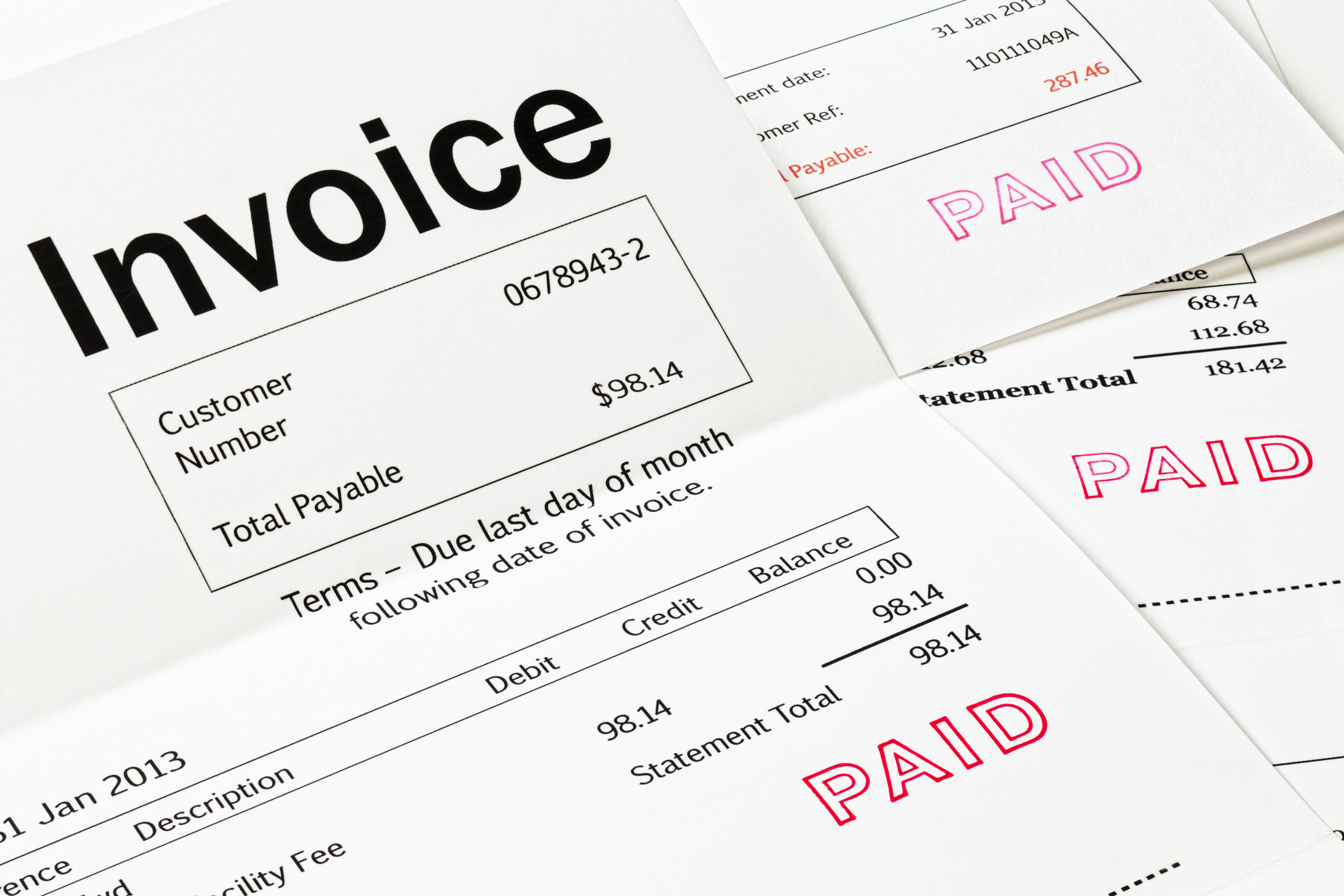 Erasing people’s medical debt – as the United Church of Christ and its partners recently did for 5,888 families on Chicago’s South Side – begs big questions about poverty, public policy and public attitudes. The Rev. Patrick Duggan, executive director of the UCC Building and Loan Fund, addresses these in the commentary below. So do other church leaders in the accompanying video excerpt from an Oct. 20 news conference at Chicago’s Trinity United Church of Christ. There it was announced that, with church donations, $5.3 million dollars in debt had been purchased and forgiven. UCC leaders said the effort will continue, starting with more donations on Giving Tuesday, Dec. 3 – but that it is just as important to strive for change in systems that result in so much medical debt.
Erasing people’s medical debt – as the United Church of Christ and its partners recently did for 5,888 families on Chicago’s South Side – begs big questions about poverty, public policy and public attitudes. The Rev. Patrick Duggan, executive director of the UCC Building and Loan Fund, addresses these in the commentary below. So do other church leaders in the accompanying video excerpt from an Oct. 20 news conference at Chicago’s Trinity United Church of Christ. There it was announced that, with church donations, $5.3 million dollars in debt had been purchased and forgiven. UCC leaders said the effort will continue, starting with more donations on Giving Tuesday, Dec. 3 – but that it is just as important to strive for change in systems that result in so much medical debt.
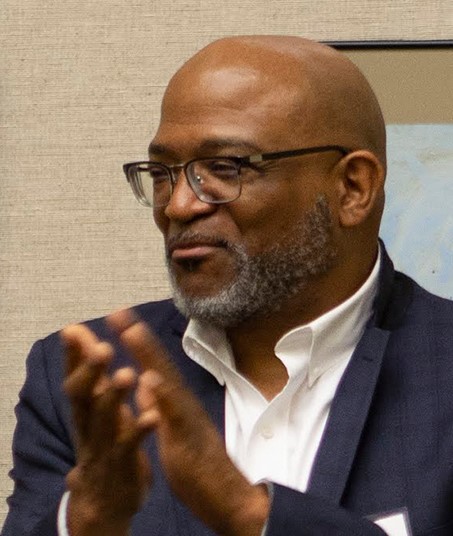 When most pundits and politicians talk about reasons that 48 percent of Americans live at or below the poverty line, they typically place the blame on the laziness, irresponsibility, lack of education, lack of initiative, high crime rates and low moral character of poor people. Such arguments do not find culpability in a history of government policy — like redlining or over-policing — or selective disinvestment in poor communities. Rarely, if ever, is poverty attributed to the modern-day peonage of medical debt, which most Americans fear more than serious illness. Medical debt is a double-edged sword that not only creates an insurmountable financial burden for millions of Americans, but also forces poor people to choose between paying for housing, food, or for a hospital bill.
When most pundits and politicians talk about reasons that 48 percent of Americans live at or below the poverty line, they typically place the blame on the laziness, irresponsibility, lack of education, lack of initiative, high crime rates and low moral character of poor people. Such arguments do not find culpability in a history of government policy — like redlining or over-policing — or selective disinvestment in poor communities. Rarely, if ever, is poverty attributed to the modern-day peonage of medical debt, which most Americans fear more than serious illness. Medical debt is a double-edged sword that not only creates an insurmountable financial burden for millions of Americans, but also forces poor people to choose between paying for housing, food, or for a hospital bill.
In the United States, the idea that all human beings have a right to low-cost, quality healthcare is viewed by many to be socialist rhetoric. Our norm is an array of profit-driven health industries including hospitals, clinics, health professionals, health insurance and prescription drugs. With costs steadily escalating because of advancements in diagnosis, treatment, technology and the demand for skilled labor, the health/medical industry has priced itself out of reach for over 150 million Americans; nearly half of the country. A single incident of sickness can literally change the course of an entire family, plummeting them into a generational cycle of debt.
The facts are alarming: Medical debt is the top reason that Americans are in contact with debt collectors. A 2014 report by the U.S. Consumer Finance Protection Bureau indicated that 52% of all debt on credit reports is from medical expenses. A 2016 Kaiser report found that, among Americans with medical bill problems, 70 percent say they cut back on spending for food, clothing or other basic household items; 41 percent say they took an extra job or worked more hours; 59 percent say they used most or all of their savings; 35 percent say they have been unable to pay for basics like food, heat or housing.
Alleviating medical debt has the multiplier effect of improving many elements of basic living for millions of families that struggle to make a living. It hits at the core of a major cause of poverty in the United States. Ending poverty in all forms is the core mission of Jesus Christ and is the heart of the mission of the United Church of Christ, a just world for all.
Related News
Waging Peace: UCC pastor who served in Carter’s administration remembers the President
As thousands gathered to honor the life of Former President Jimmy Carter at the Washington...
Read MoreGoing deeper in 2025: Programs, projects, plans from UCC National Ministries
If there was a phrase capturing best what 2025 holds for the ministry teams of the National...
Read More‘Planting Seeds of Hope’ is this year’s Climate Hope Contest theme — Submissions open early February
Details about this year's Climate Hope Art Contest were announced at the first United Church...
Read More